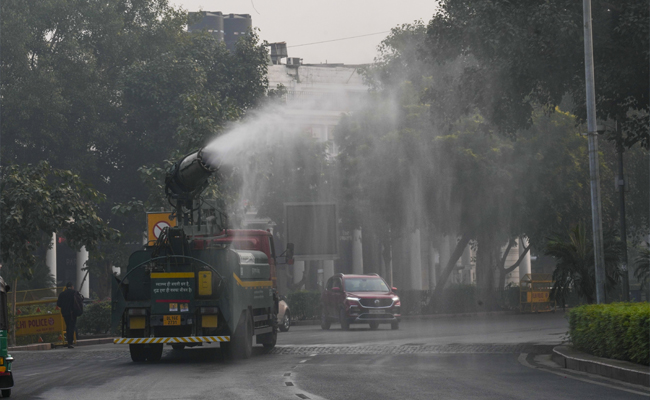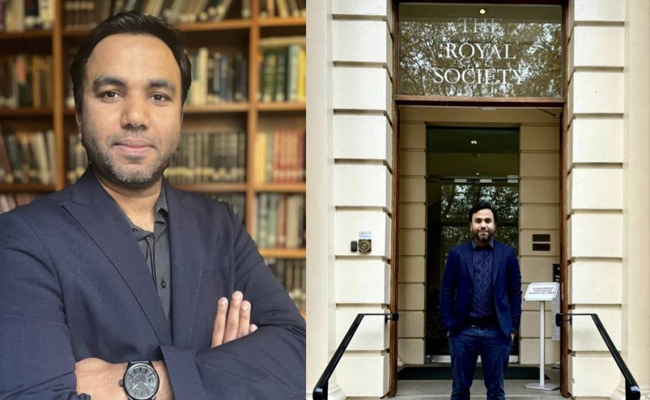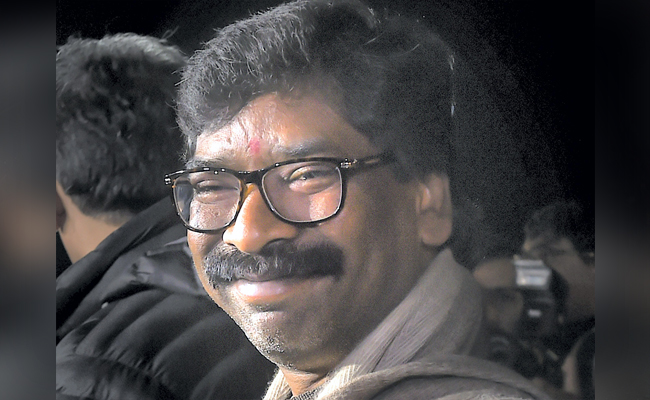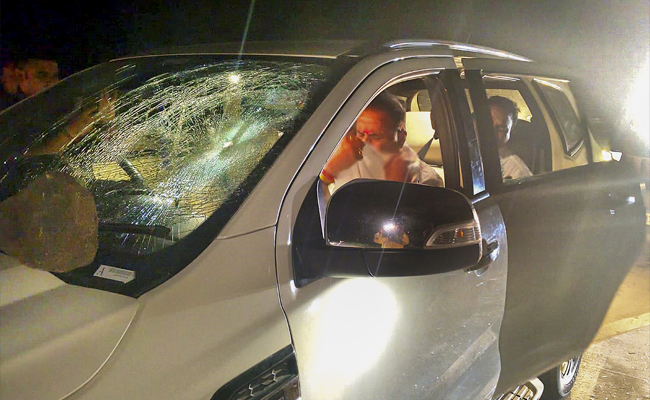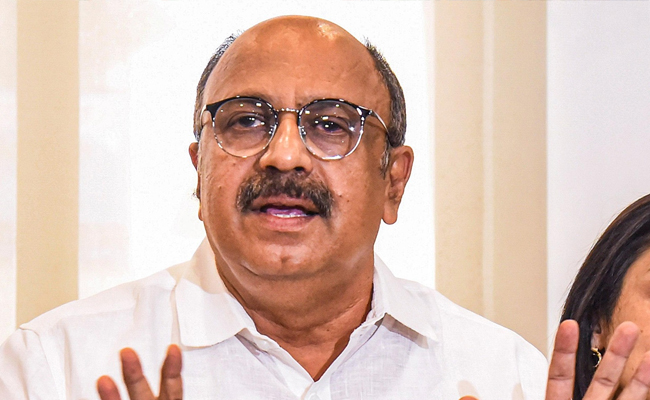New Delhi (PTI): Chief Justice Sanjiv Khanna on Tuesday said all judges have been asked to allow virtual hearings wherever possible in view of the severe pollution levels in the national capital region.
As soon as the bench comprising the CJI and Justice Sanjay Kumar assembled, lawyers, including Supreme Court Bar Association (SCBA) president Kapil Sibal, referred to the worsening pollution in Delhi and NCR and sought immediate measures to deal with it.
“We have told all the judges to allow virtual hearings wherever possible,” the CJI said.
“Pollution is getting out of control,” Sibal said.
He was supported by various lawyers that also included Solicitor General Tushar Mehta and Gopal Sankaranarayanan
“It needs to go down. The message should go to other courts,” Sibal added.
The solicitor general said the top court, as a matter of principle, should go virtual.
“We have given the message to accommodate everybody. Moreover, online is anyway available," the CJI said.
On Monday, the top court took note of the fact that the Air Quality Index (AQI) entered into the 'severe plus' category and directed all Delhi-NCR states to immediately set up teams to strictly enforce anti-pollution GRAP 4 restrictions, making it clear that the curbs will continue till further orders.
Delhi's Air Quality Index (AQI) was recorded at 484 at 8 am on Monday, the worst this season. The AQI in certain areas also breached the 500 mark.
Let the Truth be known. If you read VB and like VB, please be a VB Supporter and Help us deliver the Truth to one and all.
London: Dr Safeer CK, a faculty member in the Department of Physics at the University of Oxford, has been awarded the prestigious Royal Society University Research Fellowship in 2024, securing a funding grant of £1.85 million (Rs 19,73,48,195.00). A leading young researcher in the field of spintronics, Dr. Safeer’s work is poised to revolutionise next-generation electronics.
The Royal Society Fellowship is one of the highest honours in the scientific community. Royal Society Fellows include iconic scientists such as Isaac Newton, Albert Einstein, and Indian luminaries like Srinivasa Ramanujan and C.V. Raman.
Dr Safeer's research focuses on using nanomaterials—just one atom thick—to build the computers of the future. His research group, the Oxford-MIND group, is based at the renowned Clarendon Laboratory at Oxford Physics. The group focuses on building future brain-inspired computing architectures and advancing the frontiers of spintronics and 2D materials research.
Hailing from Kerala’s Malappuram district, Dr Safeer rose through the ranks of academia, eventually earning a place at Oxford, one of the world’s most prestigious universities. Dr Safeer’s academic path began at Mongam Ummul Qura Higher Secondary School and Morayur V.H.M. Higher Secondary School before pursuing his undergraduate studies in Physics at Hansraj College, Delhi University. He later earned a postgraduate degree from Joseph Fourier University in France, supported with the scholarship provided by the Indian government and France government. He went on to complete his doctorate in Nanophysics at the Spintec laboratory in France, a part of the French Atomic Centre.
His impressive collection of records and achievements includes the prestigious Marie Curie Individual Fellowship, one of Europe’s most competitive and sought-after research awards.
Over his career, Dr Safeer has published 18 research articles, including papers in the Natural journals, and holds three international patents for novel magnetic memory technologies. He also teaches undergraduate courses in Physics and Electronics at the University of Oxford.

